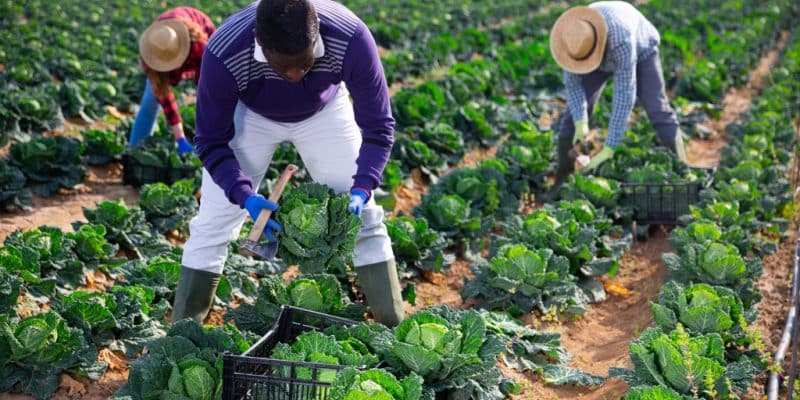At a time when Ugandan farmers are experiencing poor harvests due to drought, the Danish International Development Agency (DANIDA) is committing $1.5 million to strengthen their resilience. The grant is earmarked for training farmers in the use of modern irrigation systems.
The Danish government is supporting climate action in Uganda. Copenhagen recently released $1.5 million for the project “Strengthening irrigation to improve climate adaptation and support smallholder production systems in Uganda”, launched on 29 August 2023 in the Ugandan capital Kampala. The funding is provided under the Green Trade Partnership Programme of the Danish International Development Agency (DANIDA).
The East African Grains Council (EAGC), Danish pump supplier Grundfos, Akvo International and Access to Innovation of Denmark will implement the irrigation project, with support from the Danish Ministry of Foreign Affairs. Scheduled to run for three years, the project “aims to ensure that farmers adopt quality, climate-smart irrigation technologies, given the current effects of climate change”, explains John McNay, East Africa advisor to Access to Innovation, a Danish organisation operating in East Africa.
Read Also –
Modern irrigation systems are not only much more water-efficient, they also consume less energy. What’s more, they help to reduce the use of inputs, while ensuring that agricultural production is secure throughout the year. “In addition to cereals, the project will focus on irrigating high-value crops. This strategy aims to ensure greater profitability for farmers, given the availability of a market,” explains Gerald Masila, EAGC’s Executive Director.
Some 12,000 small and medium-sized farmers will benefit from the irrigation project. They will need to be members of recognised farmers’ organisations, which will facilitate the process of applying for access to the technology. Larger farmers will have the opportunity to participate separately, by expressing their interest and applying accordingly.
Inès Magoum







